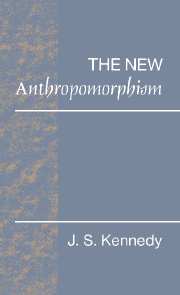Chapter 4
Published online by Cambridge University Press: 29 January 2010
Summary
The eleven subject-sections that make up Chapters 4 to 6, discuss notions that are more controversial than those in the preceding chapter. There is as yet no general agreement among neobehaviourists that these notions are erroneous, but neither are they entirely accepted and it will be argued that they are in fact erroneous. All the case-studies in this chapter concern errors arising from teleological thinking, the most common form of unwitting anthropomorphism. Three of the essays in Chapter 3, comprising 3.2, 3.3 and 3.5, came into that category, wherein an animal's behaviour is supposedly ‘goal-directed’, meaning that the animal attains a certain end situation by making compensatory responses to any discrepancy between its current sensory input and some sort of internal representation or ‘mental image’ of that ‘goal’ situation. This chapter presents four more cases in the same category.
Migration
Baker's (1978) monumental treatise on migration is influential because it has no competitor, being the only fairly recent single-author survey of the whole field of migration and an invaluable mine of references. He used the same data in condensed form in a subsequent book (Baker 1982) as a vehicle for fuller exposition of his entirely new view of migration, which he says (ibid., p. 3) required a “major purge of the old ideas” as part of the “behavioural ecology revolution” whereby behavioural ecology, being “a new ideology, completely different from ethology” (ibid., p. v), became “the new establishment” in the study of animal behaviour (ibid., p. 1).
- Type
- Chapter
- Information
- The New Anthropomorphism , pp. 60 - 84Publisher: Cambridge University PressPrint publication year: 1992



